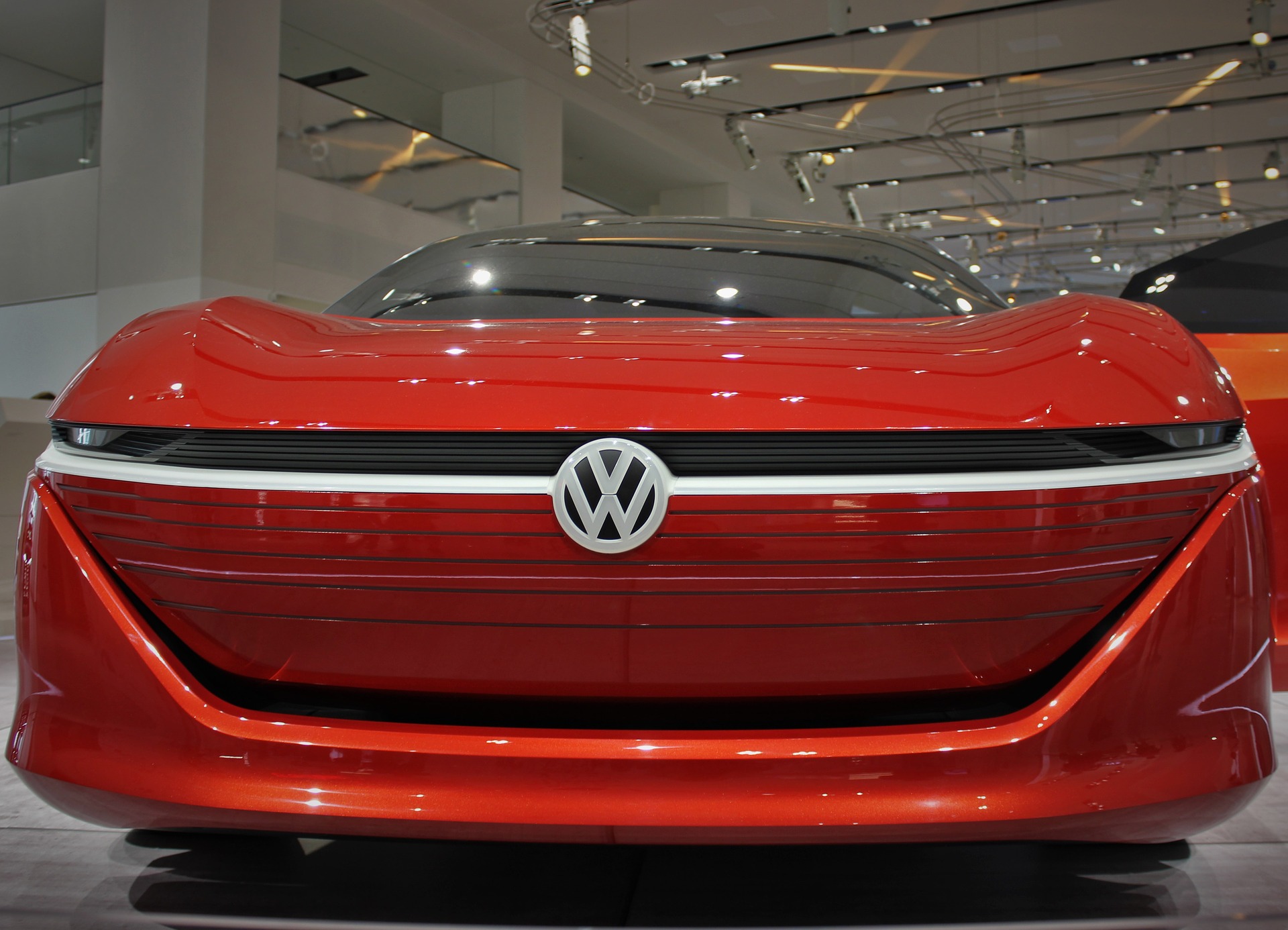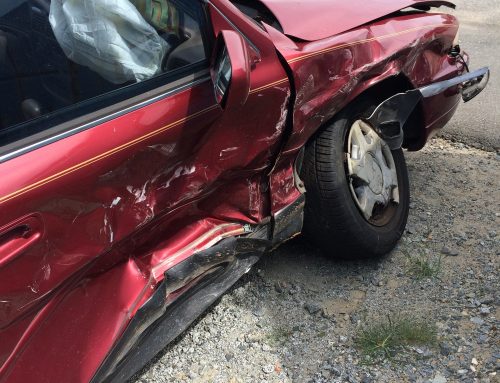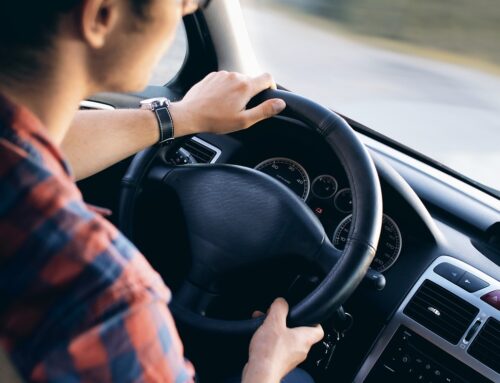When it comes to personal injury cases, car accidents nearly always top the list of the most frequent claims filed. Although Florida is a no fault state from an insurance perspective, many battles are fought every year to determine liability to settle claims for damages.
Self-driving cars promise to rapidly change the landscape of liability. Accidents which occur when a car is relying on technology for navigation is likely to not only increase the number of product liability cases, but to give rise to a multitude of new legal precedent which doesn’t even exist today. If a self-driving car hits or injures another party, who is liable? The “driver” or car owner or the manufacturer?

First we need to be realistic – we do not expect to see self-driving cars proliferating any time soon. In fact, many experts agree that although the technology exists, the cost of implementation is likely still too high to be palatable to most car buyers for years, maybe several decades. Also, the entirety of the technology has to be onboard the car. In other words, the infrastructure such as roads, signs and signals will not be upgraded to accommodate the new technology. Any software required to operate the car safely will need to be inherent in the car’s own systems.
Given that the technology is available, we will begin seeing these cars on the roads soon – and they will be sharing the road with the rest of us. Unfortunately, there are some dangers we need to address.
The Dangers of Self-Driving Cars
- Technology is still evolving: In order to be truly autonomous, a self-driving car has to be able to “Visualize” the other cars, monitor their distances, and react to obstacles in the road. Although the capability is there, it is far from perfect – and we have already seen accidents from when the technology “misjudged” the amount of space it required to stop on time.
- Driver’s reactions severely hindered: Even semi-autonomous cars are causing drivers to let their guard down. When a driver in full control of their car needs only 1 or 2 seconds to respond to a sudden situation on the road, drivers of self-driving cars can have reaction times up to 17 seconds for the same situation. Of course, this could result in tragic accidents. Although the concept of self-driving cars includes the “driver” being completely hands-free, the possibility still exists that something could occur and require some participation.
- The technology can be hacked: Perhaps the most frightening of all possibilities regarding autonomous cars is that they – like any other device run by computer – can be hacked. The very frightening possibility of a car being taken over remotely by a bad actor is a one of the most serious concerns of putting these cars on the road. Not only that, but the ransomware attacks which have crippled organizations can affect an individual driver now. This means a hacker can gain access to personal data, and refuse to “give the car back” unless a ransom is paid.
- Low visibility is a problem: As these cars rely on “seeing” the lines on the road as part of their driving ability, heavy rains, fog, or (in other parts of the country) snowstorms can cause the car to act erratically or not function as intended.
These are just a few of the variables which could seriously muddy the liability law surrounding car accidents involving self-driving cars. Although seeing these types of cases on a regular basis may still be a few years off, we have entered a new era.
If you have been in a car accident and believe you have a personal injury case, call Probinsky & Cole.







